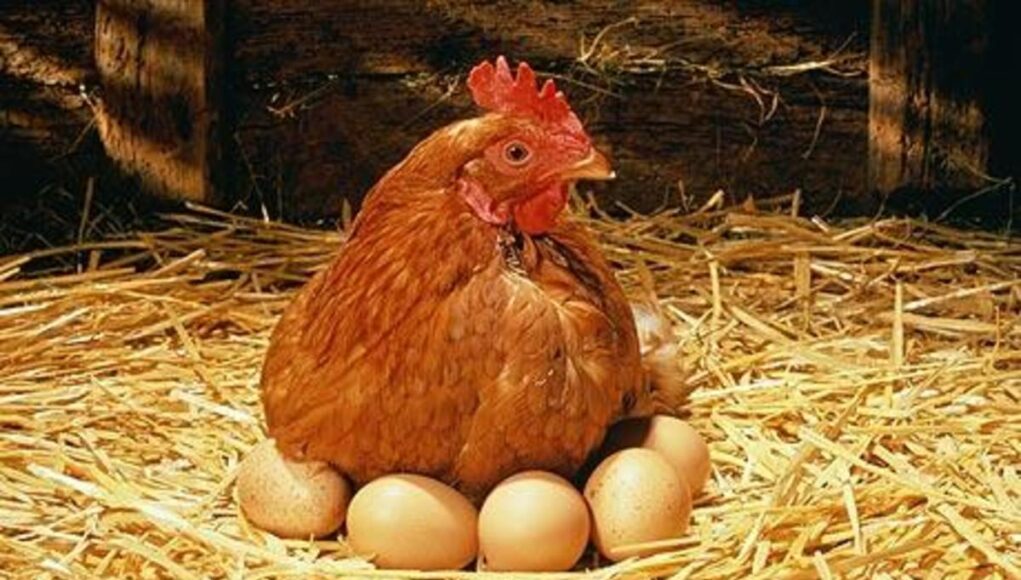
Introduction to Egg Binding in Chickens
Raising chickens can be a joyful and rewarding experience, but it’s important for every chicken owner to understand common health issues that may arise, such as **egg binding**. You may be wondering, how to tell if a chicken is egg bound and what actions to take. Let’s explore the intricacies of this condition to ensure your flock stays healthy and happy.
What is Egg Binding?
**Egg binding** is a condition where a chicken is unable to pass an egg through its reproductive tract. This can be extremely uncomfortable and potentially dangerous for the hen. Recognizing the signs early is key to providing timely care.
Common Symptoms of an Egg Bound Chicken
Behavioral Signs
Look for changes in behavior such as reluctance to move, excessive strain, or spending prolonged periods in the nesting box without results. A hen may also exhibit distress through vocal sounds or display unusual lethargy.
Physical Indicators
A ***puffed-up*** appearance, closed eyes, and labored breathing can indicate stress and discomfort. Observe if there is any swelling around the vent area, and be mindful of any visible protrusion, as it could signify an obstructed egg.
Changes in Egg Production
**Decreased or abnormal egg laying** can be a red flag. If your typically prolific layers suddenly stop laying, it’s important to determine if egg binding could be a cause.
Causes of Egg Binding
Poor Nutrition: Ensuring a balanced diet with adequate calcium and minerals is essential. Malnutrition can weaken the muscles required for laying eggs.
Inadequate Environment: Stressful conditions, such as overcrowding or unsuitable nesting areas, can contribute to egg binding. Learn about the best coop design for happy, healthy hens.
Preventive Measures
Diet and Nutrition
A balanced diet is crucial. Ensure your chickens have consistent access to quality feed and supplements if needed. For more details on nutritional requirements, consider visiting external guides on nutrition.
Environment Adaptation
Creating a comfortable and supportive environment is vital. Regularly clean the coop and maintain a peaceful setting to reduce stress. You might find some helpful tips in our guide on egg formation stages.
What to Do if Your Chicken is Egg Bound
Immediate Actions
If you suspect a hen is egg bound, isolate her from the flock to monitor her condition closely. Provide a warm bath to help relax the muscles, which might assist in passing the egg.
Consulting a Veterinarian
If home remedies do not work, it’s crucial to seek professional help. A vet can offer specific treatments or perform procedures to safely remove the egg.
The Importance of Regular Monitoring
Keeping a close eye on your chickens health can prevent many issues, including egg binding. Regular check-ups and observing any changes in behavior are critical in maintaining a healthy flock.
The Role of Light in Egg Production
Daylight Duration: Natural light impacts egg laying cycles. Learn more about how it affects your flock in our article on the effects of daylight.
Conclusion
Understanding how to tell if a chicken is egg bound and responding swiftly is vital for the health of your chickens. Through regular monitoring, proper nutrition, and a supportive environment, you can effectively manage this condition. Remember, when in doubt, seeking the advice of a poultry professional is always the best course of action.

FAQs
1. How can I prevent egg binding in my flock?
Providing a balanced diet rich in calcium, maintaining clean living conditions, and reducing stress can effectively prevent egg binding.
2. What should I do if a warm bath doesnt work?
If a warm bath doesn’t help, contact a vet for further assistance to avoid complications.
3. Are certain breeds more prone to egg binding?
Yes, some breeds may be more susceptible due to their genetic makeup and size. It’s essential to tailor care to the specific needs of the breed you are raising.
This article contains affiliate links. We may earn a commission at no extra cost to you.










